

Nuevos Incoterms 2010: desaparecen 4 y aparecen 2 nuevos
Los incoterms 2010 de la CCI (Camara de Comercio Internacional) están a punto de salir al mercado. Entraran en vigor el 1 de enero del 2011 y sustituyen a los antiguos incoterms 2000.
Ya sabemos que los incoterms se han reducido de trece a once. Una labor de simplificación que se agradece, ya que había algunos que se utilizaban muy poco. Sin embargo hay sorpresas interesantes ya que no sólo se eliminan incoterms sinó que se crea alguno nuevo.
Los incoterms que desaparecen son cuatro:
• el primero que nos puede sorprender por su gran utilidad es el DDU (Delivered Duty Unpaid)
• un segundo incoterm que desaparece es el incoterm DAF (Delivered At Frontier)
• un tercer incoterm es el incoterm DES (Delivered Ex Ship)
• y el cuarto y último es el incoterm DEQ (Delivered Ex Quay).
Es evidente que si en los incoterms 2000 de la CCI teníamos trece incoterms y la Camara de Comerio Internacional ha eliminado cuatro, nos faltas incorporar dos nuevos para sumar los once que anunciábamos anteriormente.
Estos nuevos inoterms 2010 son:
• Incoterm DAT (Delivered At Terminal)
• Incoterm DAP (Delivered At Place)
En próximos artículos ya iremos desglosando las características y el uso que se debe dar a estos nuevos incoterms, pero podemos ir avanzando que la CCI (Cámara de Comercio Internacional) ha trabajado adaptando esta nueva versión de los incoterms a la realidad del comercio internacional actual, por ello estos cambios apuntan a una mayor flexibilidad de los incoterms y se han tenido en cuenta temas logísticos como la seguridad en la carga y la necesidad de sustituir los documentos en formato papel por documentos electrónicos.
Incoterms DAP: potencia deslumbrante
En el artículo anterior ya desvelábamos la creación de los Incoterms DAP.
Según información aún no oficial, en la nueva revisión de los incoterms de la Cámara de comercio internacional, se pasara de los trece incoterms actuales de la versión incoterms 2000 a diez, once incoterms en la versión de los incoterms 2010.
La gran novedad es el Incoterm DAP, un incoterm que se vislumbra con una gran potencia ya que será un incoterm polivalente y seguramente el sustituto del DDU y el DAF, es decir un incoterm más flexible y que se adapta mejor a la realidad del mercado.
Uno de los incoterms que desaparece es el DAF (Entregada en frontera – Delivered at frontier) y el DDU (Entregada derechos no pagados – Delivered Duty unpaid ).
Es razonable realizar una reducción o simplificación de los incoterms, hay muchos que no se utilizan y más aún cuando la mayoría de los operadores los utiliza mal.
Este es el caso del DAF, que es uno de los incoterms menos utilizados. Sin embargo en principio no entiendo porque se elimina un incoterms con una potencia muy importante como el DDU. Esta eliminación se explica si vemos que se ha creado un nuevo incoterms que es el DAP (Delivered at pont – Entregado en un punto).
No sólo sustituye al DDU sino que lo potencia, haciéndolo mas flexible y versátil. Sin embargo deberemos esperar a las publicaciones de la Cámara de comercio internacional CCI para saber los detalles de estos incoterms.
Puedes seguir en este blog todas las novedades que se vayan produciendo sobre los nuevos Incoterms 2010 y en especial con el incoterm DAP.
INGLES
The International Chamber of Commerce (ICC) has announced the launch of the new rule changes to Incoterms® 2010 which will be kicked off during a September event in Paris. The official implementation of the new rules are scheduled to take place during January of 2011.
On September 27th – 29th, the ICC will hold a series of practical masterclasses on the Incoterms® 2010 rules and provide a detailed presentation of the new rule changes that will be incorporated into the new Incoterms® 2010.
This revision, the first since 2000, will aim to adapt changes that have occured in global trade over the last ten years. According the ICC website, the reason for the changes include:
“The importance of cargo security, the resulting new obligations on traders, developments in container transport, and the 2004 revision of the United States’ Uniform Commercial Code, which resulted in a deletion of the former US shipment and delivery terms.”
Although the book has not been officially released, details on the ICC website show that the most glaring changes to the 2010 version will be the elimination of 4 Incoterms® including, DDU, DEQ, DES, and DAF. Two new terms will be added; DAT and DAP, bringing the new total of Incoterms® to 11.
Incoterms® 2010 will be arranged into the following groups:
Any Mode of Transport
CIP – Carriage and Insurance Paid
CPT – Carriage Paid To
DAP – Delivered At Place
DAT – Delivered At Terminal
DDP – Delivered Duty Paid
EXW – Ex Works
FCA – Free Carrier
Sea and Inland Waterway Transport Only
CFR – Cost and Freight
CIF – Cost, Insurance and Freight
FAS – Free Alongside Ship
FOB – Free On Board
In addition to the 11 rules, Incoterms®2010 will include:
* Extensive guidance notes and illustrative graphics to help users efficiently choose the right rule for each transaction;
* New classification to help choosing the most suitable rule in relation to the mode of transport;
* Advice for the use of electronic procedures;
* Information on security-related clearances for shipments;
* Advice for the use of Incoterms® 2010 in domestic trade
This interpretation is provided as a guide only.
Incoterms® are published by the International Chamber of Commerce and are available on their website and official publication “Incoterms® 2010″. For a complete and official overview please refer to the ICC’s publication.

..bmp)




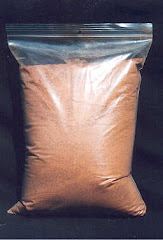..jpg)
..jpg)
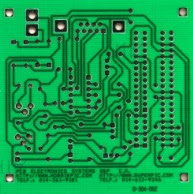
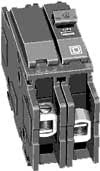
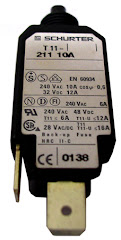

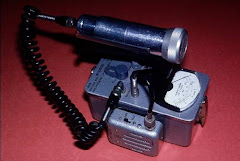


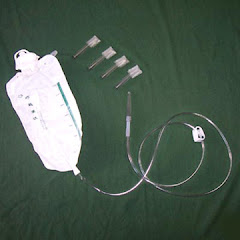.jpg)
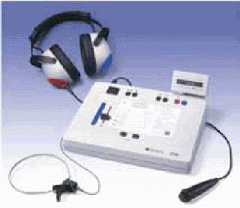.gif)
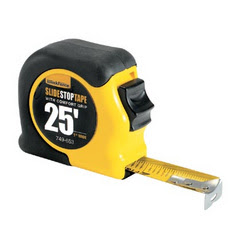.jpg)







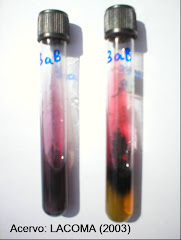
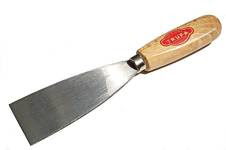
..jpg)

+Stainless+steel+elbow.bmp)

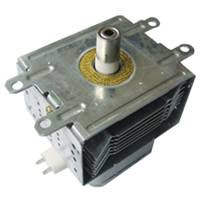
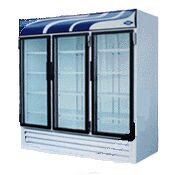
..jpg)
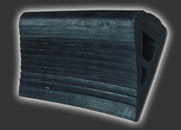
..jpg)

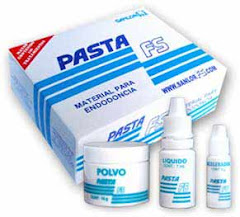..jpg)
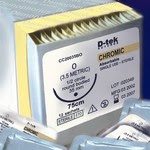




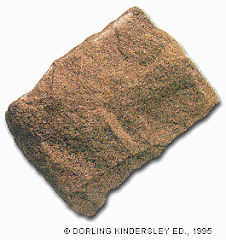
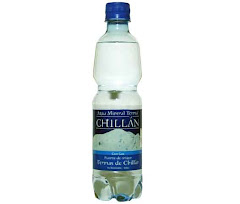








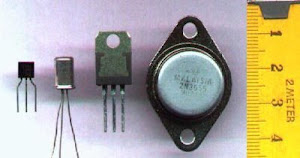
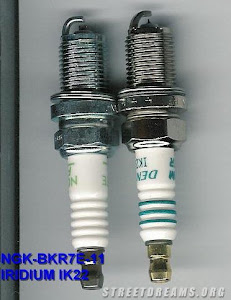


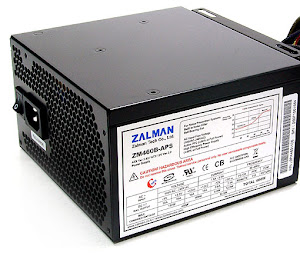..jpg)
..jpg)
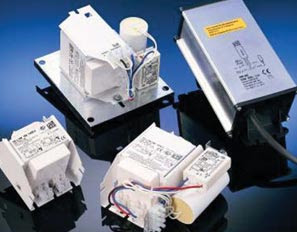
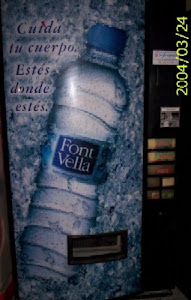
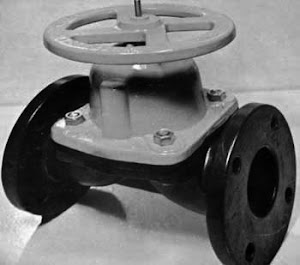..jpg)


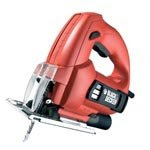




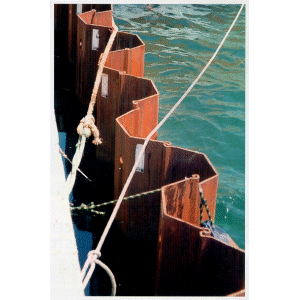Tablestacas..gif)

.gif)
.bmp)

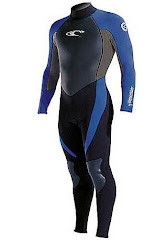

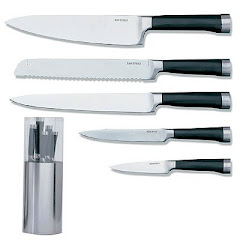



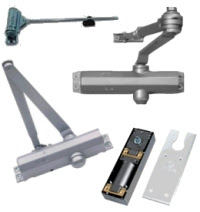

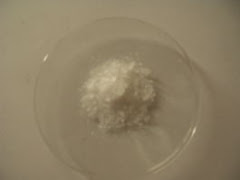

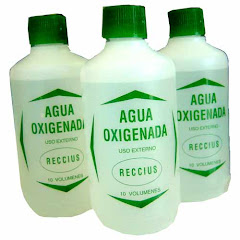..jpg)

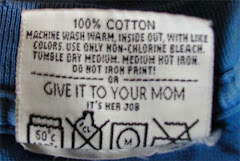
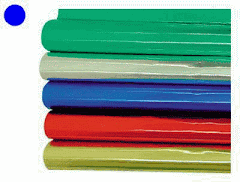
.jpg)


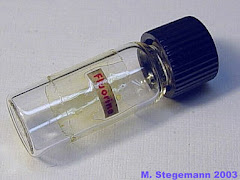
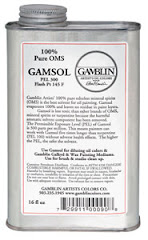..jpg)
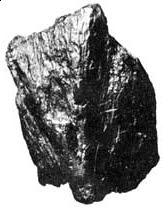


.jpg)


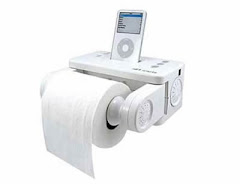
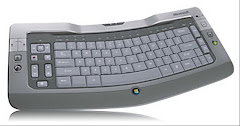
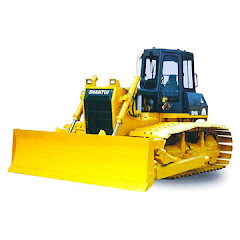..jpg)
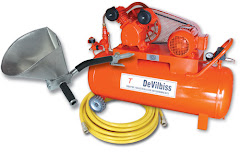
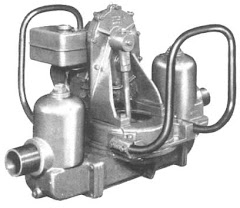

.gif)




..jpg)

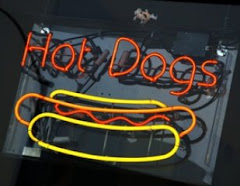

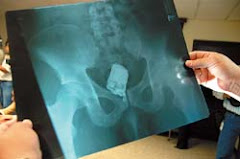
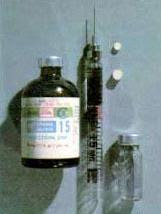









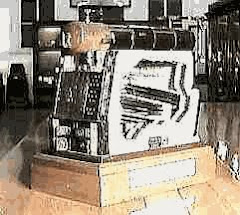
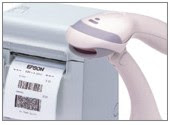
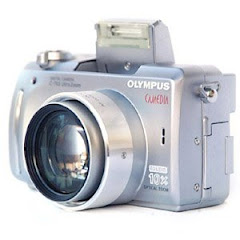
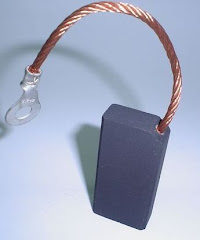
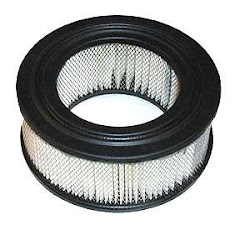


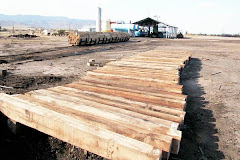+de+madera+para+vias,sin+impregnar.jpg)
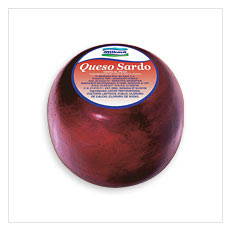

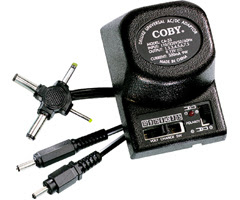





..jpg)

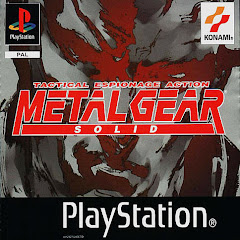

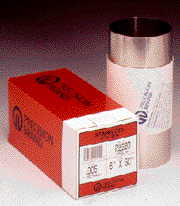.gif)
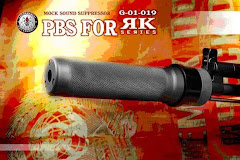

..jpg)
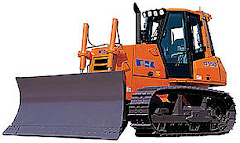+de+oruga.jpg)

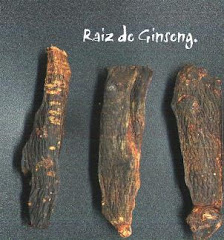



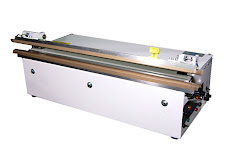

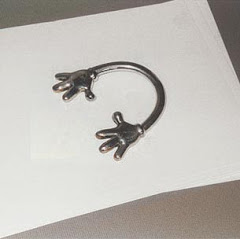

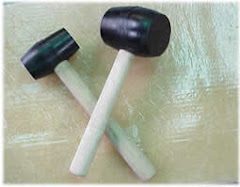
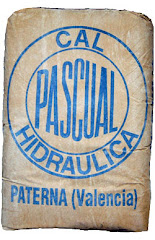




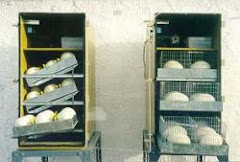

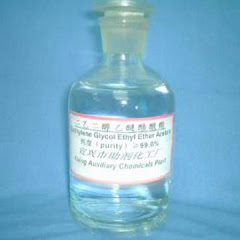

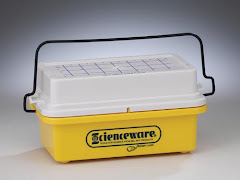+BEL-ART.jpg)
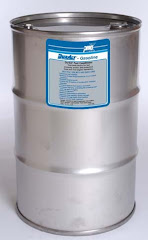

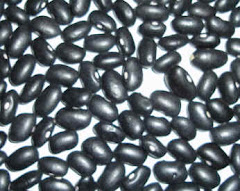






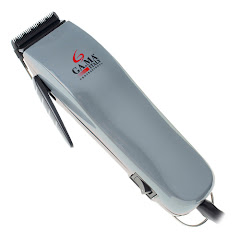

.jpg)
..jpg)
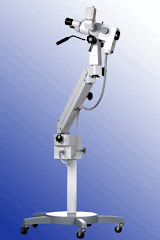.gif)
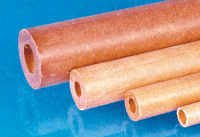..bmp)



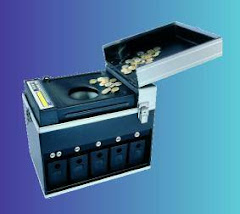
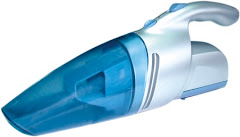
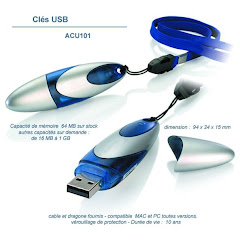.bmp)
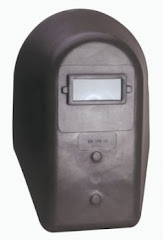

No hay comentarios:
Publicar un comentario